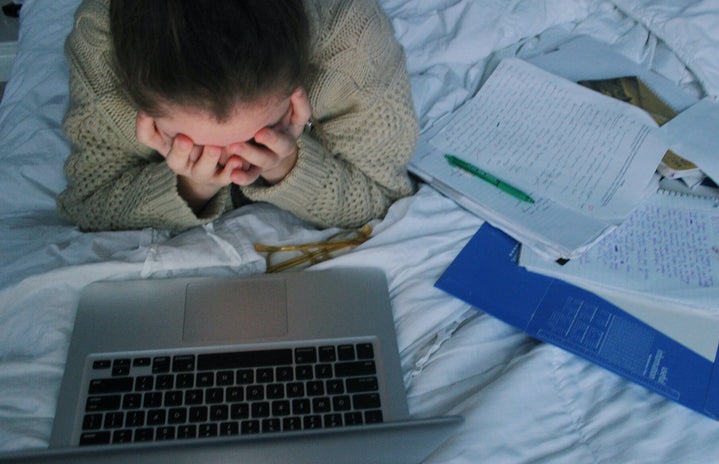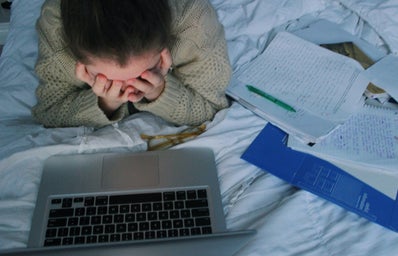A recent article has revealed that more people are physically dying from being overworked, as compared to malaria. The statistics are alarming, especially since these studies suggest that Southeast Asian workers clock in the highest average annual hours.
Understanding Burnouts
According to HelpGuide, an independent nonprofit that runs one of the world’s top ten mental health websites, burnouts refer to:
“A state of emotional, physical, and mental exhaustion caused by excessive and prolonged stress. It occurs when you feel overwhelmed, emotionally drained, and unable to meet constant demands. As the stress continues, you begin to lose the interest and motivation that led you to take on a certain role in the first place.”
The key to understanding burnouts is being honest with yourself. Consider the following possibilities:
- Are you experiencing excessive workload at school, work or even home?
- Do you have poor work-life boundaries? This may look like working 24/7, excessive socialisation or close to zero alone time, contributing to extreme work-life imbalance.
- Have you been troubled over misaligned values, discriminatory or dysfunctional workplace dynamics?
- Can you identify any unrealistic expectations or unnecessary societal pressures that have been weighing you down?
- Are you getting enough rest and sleep?
- Finally, are you receiving the emotional support or help that you need at the moment?
Recognising signs of burnout
Burnouts generally feel like extended periods of stress. They are also often tied to feelings of emptiness, apathy, and hopelessness. Psychology Today highlights that while we’re usually aware of being under a lot of stress, burnouts tend to go relatively unnoticed.
As proposed by HelpGuide, some of these physical symptoms include:
- Feeling drained most of the time
- Lowered immunity, frequent illnesses
- Headaches or muscle aches
- Poor appetite or sleep habits
Burnouts aren’t just a matter of physical exhaustion. You should also look out for emotional signals such as:
- Cyclical feelings of helplessness and entrapment
- Self-doubt and crippling sense of failure
- Detachment from reality
- Loss of motivation
- Increasingly cynical and negative outlooks
- Decreased satisfaction and sense of accomplishment
There are also behavioural signs like:
- Avoiding and withdrawing from responsibilities
- Isolating yourself from others
- Procrastination
- Using food or alcohol to cope
- Taking out your frustrations on others
How to cope with burnout
After identifying the cause(s) of your burnout, reflect on how to meet your needs. Notice what gives you energy and what drains you further.
I understand how overwhelming it can get, especially when the simplest tasks seem so difficult. Take it step by step and focus on your basic needs first. Hydrate daily, eat your meals regularly, get enough sleep and move! You don’t have to complete an intense workout, just make sure you’re not in a fixed position all day.
Re-evaluate your commitments, prioritise what’s important and accept the things you need to let go of. Set boundaries where needed, they are meant to protect you and your mental well-being.
Give rest and know that it will take time to feel okay again.
Now is the perfect time for change
I believe it’s time we question why we’re ‘always tired’, instead of reinforcing this same narrative, complaint after complaint. From my observations as a student in Singapore, productivity has evolved into a measure of self-worth in today’s society. Students and working adults seem to be collectively trapped in this burnout culture and yet, this is not exactly a new phenomenon. The Washington Post’s Lillian Cunningham had warned against the perception of exhaustion as a status symbol exactly a decade ago, and I believe that this issue has exacerbated with COVID-19 and local transitions to work-from-home arrangements.
I fear that this is the future of our workforce and I’m here to tell you that doing your best does NOT mean working yourself to the point of a mental breakdown. Burnouts are NOT okay. They are dangerous and you should break these toxic cycles before it gets too late.


